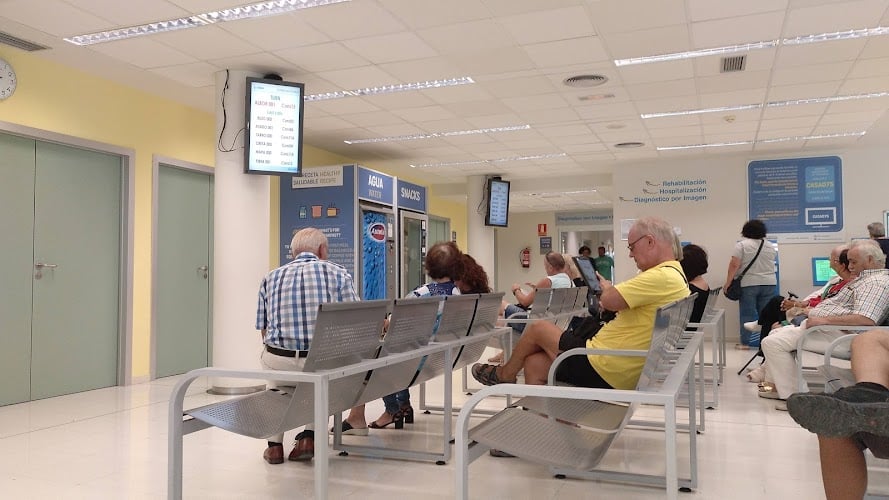The Valencian health department will invest 16.3 million euro this year to pay health workers who work outside of their normal working hours to operate or perform diagnostic techniques and thus reduce waiting lists.
On Friday, the plenary session of the Regional Government approved the agreement that regulates the special productivity program for the reduction of care delay in surgical interventions and in the performance of diagnostic and interventional techniques corresponding to the 2022 financial year.
The purpose of the agreement is to regulate the so-called self-concert program for the reduction of waiting lists through the use of own resources outside the normal working hours of the staff, which benefits patients who are waiting to be treated.
This program will give continuity to the Consell Agreement of January last year and introduces several novelties. Specifically, one of the changes is that departments with difficulties in forming surgical teams will be able to resort to seconding specialist doctors and nursing staff from other departments.
In addition, mammography for non-screening of breast cancer is incorporated into the diagnostic techniques, and the program is given a permanent character, by registering it within Decree 91/2021, which regulates the remuneration incentive system of the Conselleria of Universal Health and Public Health.
In the province of Alicante there are a total of 23,072 people waiting to go through the operating room, of which 5,402 have been waiting for more than 6 months. The specialties with the longest delay are traumatology, especially for interventions to change prostheses.
The pandemic has further aggravated the waiting list in the Valencian Community and has triggered the sale of private health insurance in order to speed up your consultations with the doctor. In the province of Alicante there are already 314,209 people who have signed a private policy, according to data from Unespa, the business association of insurance companies. This is the highest number of insured persons in the province since 2011. In 2021 the sector in the province increased by 26,000 insured persons, the highest annual growth figure recorded in a decade and almost double that of 2020.





